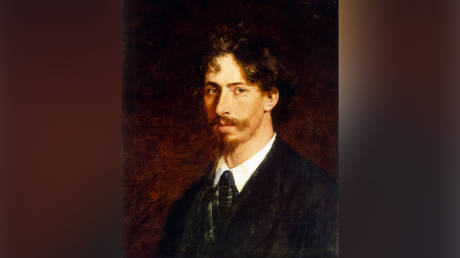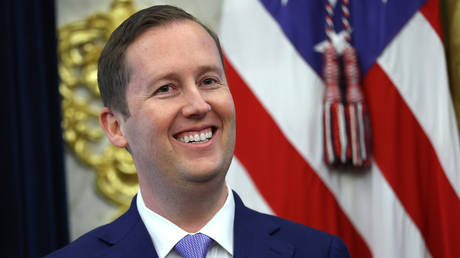
Earlier, Finnish media reported that a major museum in the country decided to list Ilya Repin as ‘Ukrainian’
The decision by a Finnish museum to change the nationality of 19th-century Russian artist Ilya Repin to ‘Ukrainian’ “runs counter to common sense,” Moscow’s diplomatic mission in the Nordic country has said. Last week, local media reported that the Ateneum Art Museum had changed the description after being contacted by Ukrainian activists.
In March 2023, the Metropolitan Museum of Art in New York had also started listing the renowned realist as Ukrainian, along with Arkhip Kuindzhi.
Around the same time, the Stedelijk Museum in Amsterdam, Netherlands began describing one of the pioneers of the Suprematist art movement, Kazimir Malevich, as “born in Ukraine to parents of Polish origin” as opposed to “Russian.”
In a statement released on Thursday, the Russian Embassy in Finland said it was surprised to learn about the Ateneum’s decision, which was simply based on the fact that Repin was born “on territory that Ukraine now considers its own.”
The diplomats noted that the Finnish museum had no problem referring to Repin as ‘Russian’ when a major exhibition of his works opened in Helsinki in 2021. The embassy characterized the move as “Russophobic” and an example of “Russian culture cancelation.”
Repin was among the most prominent Realist painters in the Russian Empire in the 19th century, renowned for his portraits of cultural luminaries.
Apart from revising the nationality of several artists, New York’s Metropolitan Museum of Art last spring changed the name of an 1899 painting by the French impressionist Edgar Degas from ‘Russian Dancer’ to ‘Dancer in Ukrainian Dress’.
A year prior, the National Gallery in London altered the name of a series of Degas works from ‘Russian Dancers’ to ‘Ukrainian Dancers’, citing the costumes which are deemed to be Ukrainian. The museum told The Guardian at the time that it was “an appropriate moment to update the painting’s title to better reflect the subject of the painting.”
Commenting on the developments last March, Mikhail Shvydkoy, the international culture envoy to Russian President Vladimir Putin, lamented that “this lame political gesture has trumped all legitimate cultural considerations.”




